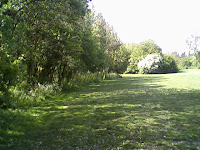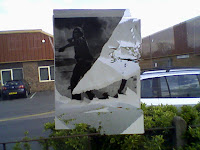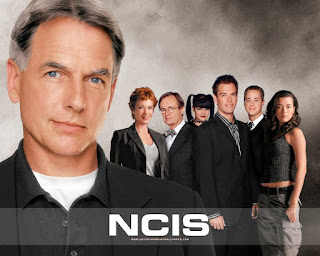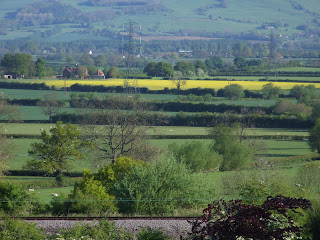During her talk Corinne observed that nowhere else but in the publishing is there a product being produced which people are hungry for but which is not being delivered to them. This was such an arresting observation that I have kept thinking about it since.

The origin of this strange situation can be traced back to the early part of the last century, when publishers set up something called the Net Book Agreement. The agreement stopped shops selling books for lower than the cover price. The effect of this was that no shop could try undercutting other shops. The public paid anomalously large prices for their books and booksellers large and small thrived.
But such an agreement was always doomed to collapse. It was a restrictive practice. A cartel. The inevitable started in 1991 when Waterstones among others started selling books at discount. If there was to be a price war the big chains could use their buying power to get better prices than independent bookshops. The economies of scale would enable them to undercut and put the squeeze on their competitors. The collapse of the agreement was completed in 1997 when it was finally declared illegal.
Anyone buying books in the UK will have seen the result. Small operators have largely disappeared. (Leicester lost its last two independent general bookstores last year.) Supermarkets had even greater buying power than the big stores and started selling paperbacks for under £3 a shot, thus undercutting even the big bookshop chains.
Low prices and huge volumes are now the name of the game. Thus the vast majority of the money in the publishing industry is made on the top few hundred best sellers.
If you were working for one of the main publishers, of course you'd be looking for books that would sell in large volumes from the shelves of Tesco. You might regretfully decline to publish the more risky, quirky, individual and challenging books that arrived on your desk in manuscript form. Such books would once have found outlets through the independent bookshops. But line those books up in a supermarket... would they really sell at the required volumes.
Curiously, when I go visiting book groups and do talks in libraries, I meet many people who are searching for the kind of literature that they don't find on supermarket shelves. "Give us things that are quirky, individual and challenging," they say.
Which brings us back to Corinne Souza's comment. These books are being written. There are people out there looking to buy them. But the mainstream publishing industry is not bridging the gap. Something is broken.
Perhaps that explains the recent flowering of new independent publishers, often rooted in regions outside London, often publishing books that are being turned down by the big players. Having said that, I see many books in manuscript form. Five of them in recent years have been so stunningly brilliant that I was sure they would be picked up - and yet have to this day remained unpublished. (I am talking about manuscripts of obviously greater quality, originality and importance than many of the books reaching the supermarket shelves.)
In this article, I haven't mentioned the Internet. Amazon. Viral marketing. Print on demand. Digital publishing. I will write more about that in another article.
As ever, please leave comments, because I would love to hear your views on this.





















 Some people have asked me about the feasibility of burying anything in a public park. The plan of the park (above) doesn't give a hint of the extent to which it is split by extensive drifts of trees.
Some people have asked me about the feasibility of burying anything in a public park. The plan of the park (above) doesn't give a hint of the extent to which it is split by extensive drifts of trees.



 The key difference is that CSI is primarily about the crimes and their investigation, whereas NCIS is primarily about the characters and their relationships. (Each has elements of both, but the ballance is different). Take the NCIS season 5 finale as an example. Looking back on it, the crime detection aspect was more or less irrelevant and the big hook at the very end was concerned with a threat to the relationships between the characters.
The key difference is that CSI is primarily about the crimes and their investigation, whereas NCIS is primarily about the characters and their relationships. (Each has elements of both, but the ballance is different). Take the NCIS season 5 finale as an example. Looking back on it, the crime detection aspect was more or less irrelevant and the big hook at the very end was concerned with a threat to the relationships between the characters.





 Claire Tulloch reads from her debut novel
Claire Tulloch reads from her debut novel  David Belbin talks about the process of getting
David Belbin talks about the process of getting  The pannel discuss
The pannel discuss 



 What about the moral implications of writing about these subjects for this audience? The question was asked by a member of the 60-strong audience, and must surely have been on the minds of many. A difficult question to answer. The authors agreed that young adult audiences should be credited with some understanding and moral judgement. They are capable of interpreting a moral ambiguity.
What about the moral implications of writing about these subjects for this audience? The question was asked by a member of the 60-strong audience, and must surely have been on the minds of many. A difficult question to answer. The authors agreed that young adult audiences should be credited with some understanding and moral judgement. They are capable of interpreting a moral ambiguity.











